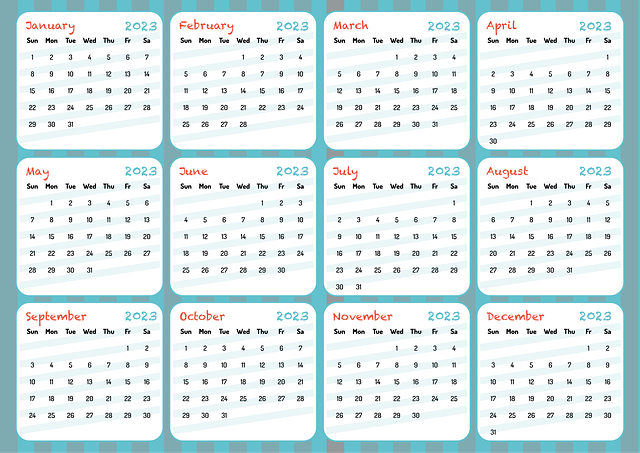Event Planning for Local Businesses: Understanding industry trends, influencers, regional challenges, and opportunities is crucial for successful events. Tailoring gatherings to local business needs fosters collaboration, drives engagement, and leaves lasting impressions. Defining target audiences through research enables segmenting into specific groups for relevant events like networking sessions or seminars. Engaging key industry players through networking, conferences, and online platforms yields valuable insights for creating impactful experiences that resonate with attendees.
“Elevate your brand and foster local business connections with expertly coordinated corporate events. This comprehensive guide, tailored for event planning professionals and aspiring organizers, delves into the art of creating memorable experiences. From understanding your target audience within the local business community to seamless coordination, we explore strategies for crafting unique event themes, selecting immersive venues, and engaging through interactive activities. Discover how to secure vendor partnerships, manage logistics, and navigate on-site challenges to ensure successful event execution for local businesses.”
- Understanding Your Local Business Community
- – Identifying target audiences within local businesses
- – Researching and engaging with key industry players
Understanding Your Local Business Community

Understanding your local business community is a crucial step in successful event planning for local businesses. By delving into the unique dynamics and needs of your region, you can create events that foster meaningful connections and drive engagement among peers. This involves researching industry trends, identifying key influencers, and recognizing the specific challenges and opportunities local businesses face. It’s about navigating a labyrinthine network to uncover hidden gems and cultivate a vibrant ecosystem.
Event planners play a pivotal role in orchestrating gatherings that not only celebrate but also strengthen this community. Through tailored programs and inclusive spaces, these events become testaments to the collective spirit of local entrepreneurs. By fostering conversations, sharing insights, and celebrating achievements, corporate event coordination can enhance collaboration, spark innovation, and leave lasting impressions—all vital aspects of thriving in today’s competitive business landscape.
– Identifying target audiences within local businesses

When it comes to event planning for local businesses, understanding your target audience is paramount. This involves identifying and segmenting specific business groups within the local community that would most benefit from or enjoy participating in corporate events. For instance, networking events could be tailored for entrepreneurs and small business owners, providing them with opportunities to connect, collaborate, and learn from each other. Similarly, industry-specific seminars or workshops can be organized to cater to larger corporations, offering insights into emerging trends and best practices relevant to their sector.
Event planners should research and analyze local business demographics, preferences, and pain points to create engaging and meaningful experiences. This may include surveys, focus groups, or even informal conversations with local business leaders. By pinpointing the unique needs of each target audience, event organizers can design activities, themes, and agendas that resonate, ensuring higher attendance, engagement, and ultimately, a successful event for everyone involved in event planning for local businesses.
– Researching and engaging with key industry players

When planning events for local businesses, thorough research and engagement with key industry players is essential. This involves identifying influential figures within the target market, understanding their preferences, and tailoring the event to align with both the company’s objectives and the audience’s expectations. Event planners can leverage networking opportunities, attend industry conferences, and utilize online platforms to connect with these individuals, fostering relationships that will enhance the event’s success.
By engaging with key players, event planners gain valuable insights into market trends, emerging technologies, and innovative practices within the industry. This knowledge allows for the creation of relevant and impactful experiences, ensuring the event resonates with attendees and leaves a lasting impression. Effective engagement strategies include personalized invitations, targeted outreach through social media, and organizing exclusive sessions or workshops that cater to these industry leaders’ specific needs, thereby elevating the overall event planning for local businesses.
Effective event planning for local businesses requires a deep understanding of their unique communities. By identifying specific target audiences within these networks and actively engaging with key industry players, organizers can create impactful events that foster meaningful connections. This strategic approach ensures that corporate gatherings not only achieve their intended objectives but also leave a lasting impression on all involved.
